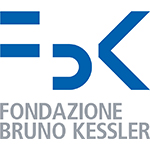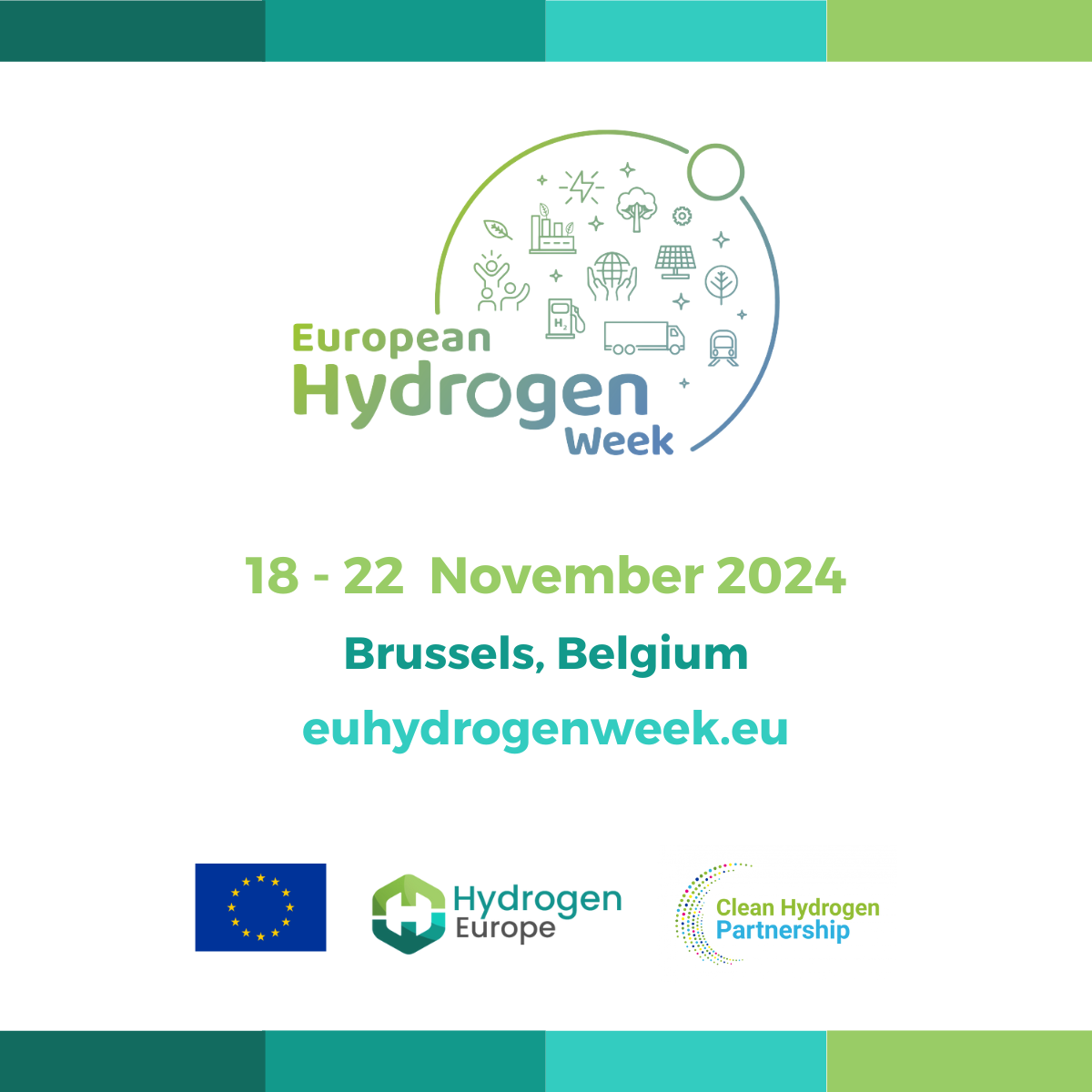A Researcher on optimization tools for hydrogen sector
Fondazione Bruno Kessler
FBK is a research institution devoted to excellence in research in numerous disciplines and designated to the role of keeping the Autonomous Province of Trento in the mainstream of European and international research. Each research area is assigned to a specific research Centre, of which there are eleven totals. Information regarding the research Centers, their activities and production are available at the FBK website. Workplace Description The Centre on Sustainable Energy (SE) supports the development of devices and methods for generation, storage, and distribution of energy solutions at low environmental impact. This will be done in the perspective of energy sustainability, of systems and solutions that respect the environment and the quality of life, of solutions with a lower impact on health and on environmental pollution levels. The ground for the Centre on “Sustainable Energy” is based on the Decarbonization targets, which will demand for more flexibility of the energy system, through new gas and power grids and using energy vectors and storage solutions, as enablers for the wide penetration of renewables. The Center SE is providing support through scientific excellence to the industrial sector and to territorial institutions.
The Centre on Sustainable Energy (SE)supports the development of devices and methods for generating, storing, and distributing energy solutions with low environmental impact. It is done from the perspective of energy sustainability, systems and solutions that respect the environment and the quality of life, and solutions with a lower impact on health and environmental pollution levels. The ground for the Centre on “Sustainable Energy” is based on the decarbonization targets, which will demand more flexibility of the energy system through new gas and power grids and the use of energy vectors and storage solutions as enablers for the broad penetration of renewables.
The HYdrogen Technologies and Resilient Energy Systems unit (HyRES) is a dedicated research and development unit at the forefront of advancing hydrogen technology and resilient energy systems. With a primary focus on hydrogen, the unit works diligently to innovate the future energy grid, making it more intelligent and capable of integrating renewable sources. Ensuring energy resilience and security is a central goal, particularly in collaboration with industrial partners. Its research encompasses various aspects, including hydrogen production, storage and final uses, all with the overarching aim of reducing the carbon footprint of energy systems and positively impacting the energy market, making it more sustainable and secure for the future.
HYRES unit is involved in the following European projects and industrial consultancy:
- NAHV
The project’s high-level objective is the creation of a hydrogen-based economic, social and industrial ecosystem based on the capacity of the quadruple helix actors. This will drive economic growth, generating new job opportunities in the framework of both the green and digital transitions and by creating the conditions for wider EU replicability, it will contribute to creating a European Hydrogen Economy. To fulfil these objectives, the NAHV project involves a well-rooted partnership of 34 organizations (of which 2 in Hydrogen Europe, 3 in Hydrogen Europe Research), covering the transnational Central European area of 3 territories – Slovenia, Croatia and FVG Region, demonstrating cross-border integration of hydrogen production, distribution and consumption, and exchange of over 20% of NAHV annual hydrogen production of over 5000 tons.
- HYMANTOVALLEY
- HYMANTOVALLEY aims to demonstrate the decarbonization of a quite air-polluted area in Europe lying in the Italian Padany Plain (Pianura Padana) by building a replicable green H2 ecosystem implemented as an integrated model of hydrogen production, storage, transportation and utilization for heat, power and mobility, including the development and use of hydrogen-fed and zero-emissions ships, trains, buses and buildings. The project plans to involve European and local communities and industries in producing clean energy while creating synergies with other regional innovation ecosystems through knowledge exchange and utilizing existing European hydrogen-based technologies. HYMANTOVALLEY is going to develop an H2 value chain model in a unique tri-modal transport and logistics system (inland water, rail and road) laying in the heart of Italy and near two corridors of the Trans-European Transport Network (TEN-T), plus building a European Centre of Applied Research and Advanced Training on hydrogen focused on the optimization and innovation of the hydrogen value chain and managed by relevant universities.
- CLEANER
- Hydrogen offers long-term storage, can be transported over large distances, and can be produced and used without or with very low emissions. A central part of the EU climate strategies is the target of domestic renewable hydrogen production of 10 million tons by 2030, in addition to the same amount imported. Large-scale stationary fuel cells in the MW range should be able to operate on such industrial-quality H2 without repurification. They can offer a low-cost, clean alternative for large-scale (peak) power and heat production and small, medium and large-scale backup power units for the critical infrastructure, thereby improving the energy system’s resilience. CLEANER aims to develop and demonstrate for over 5000 hours a >100 kW PEM fuel cell system operating on industrial-quality hydrogen.
Job Description
HyRES unit is looking for a researcher specialized in the H2 sector who will support the projects and activities mentioned above with the following activities:
- Development of customized code for numerical simulation optimization operated by a single simulation tool or multiple.
- Application of optimization code based on MOEA (Multi Objective Evolutionary Algorithms) on different modelling tool in the H2 team.
- Collaborate and coordinate activities about optimization features in simulation activities.
- Participate and collaborate with the engineering team to include optimization features on the fuel cell and electrolyzer system controls.
- Participate and collaborate with the modelling team for PDE or ODE simulations,
- Produce reports, deliverables, and technical reviews.
- Participate and/or lead the writing of scientific papers and patents.
- Participate in the preparation of the project’s proposal.
Job Requirements
The ideal candidate should have:
- MSc in Mathematics, Physics or Engineering or similar.
- Strong knowledge of optimization tools, theory and application on most common PDE and ODE simulation solvers.
- Knowledge of (MOEA) Multi Objective Evolutionary Algorithms.
- Know-how in code development applied to physics problems (H2 system and components), including different physics: heat transfer, electrochemistry, fluid dynamics, etc.
- Good modelling practices, attention to detail and commitment to verification/validation.
- Teamwork approach, good communication and relational skills.
- Good knowledge of written and spoken English
- Self-motivation and result orientation
Furthermore, the following elements will be positively evaluated:
- Proven experience post-processing data with Python or similar code language.
- Experience in Hydrogen technology and proven experience in PDE or ODE modelling for H2 components.
- PhD in the topic of job description
Employment
Type of contract: fixed-term contract
Working hours: full-time (38 h per week)
Gross annual salary:about € 36.200 – € 41.400 depending on background and expertise in the field.
Start date:April 2024
Duration: 24 months
Benefits: flexi-time, company subsidized cafeteria or meal vouchers, internal car park, welcome office support for visa formalities, accommodation, supplementary pension and health funds, training courses, public transport, sports facilities, language course fees. Further details at https://www.fbk.eu/en/work-with-us/
How to apply?
Interested candidates must submit their application by completing the online form. Please make sure that your application contains the following attachments (in pdf format):
- Detailed CV
- At least 2 professional references (e-mails and/or phone numbers)



